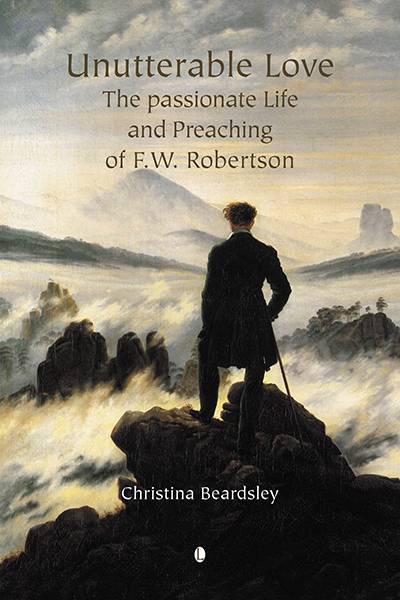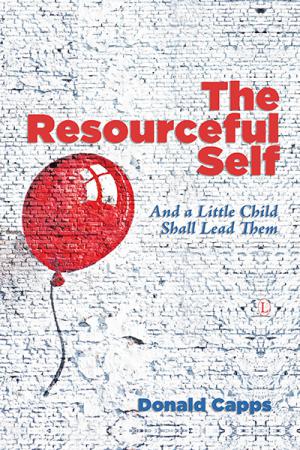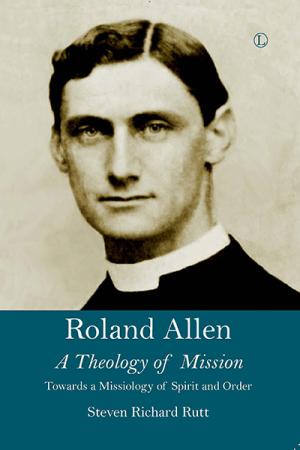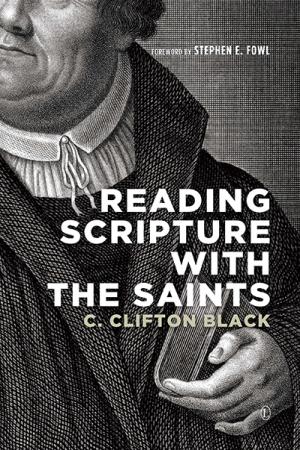Description
This biography is an account of the intellectual development of the early Victorian Romantic preacher Frederick William Robertson, a devotee of Dante, Goethe, Byron, Shelley, Coleridge, Wordsworth and Carlyle, and an admirer of German theology. His receptivity to the school of Schleiermacher, along with his natural ability of popularizing the doctrines of liberal theology, contributed to the success of Robertson’s posthumously published writings. His work helped to validate the reasonableness of Christian belief and the validity of spiritual experience and feelings for his contemporaries.
The elopement of Robertson’s mother, the odd circumstances surrounding his own marriage, and his own extra-marital affair are some of the key details uncovered here. In this book Christina Beardsley outlines the leading ideas of the priest’s theology and preaching as well as of his extraordinary thinking with regard to gender.
Gender is in fact one of the recurring themes in this biography. Robertson’s way of perceiving femininity and experiencing his own masculinity reflects the Victorian gender debate and the Romantic preoccupation with the reconciliation of opposites.
This book will appeal strongly to students of: Victorian religion and culture; 19th Century biography; the Faith/Reason, Doubt/Belief and Science/Religion debates; German influence on English theology; aesthetics and theology; the history of English liberal theology; gender and culture.
About the Author
Christina Beardsley has worked in pastoral ministry in the Church of England for three decades and is Head of Multi-Faith Chaplaincy at the Chelsea & Westminster Hospital, London. She has a special interest in the interplay between theology and the arts, and has extensively researched Victorian religion and theology.
Contents
Preface
Acknowledgements
Illustrations
Introduction
1. ‘Vanity Fair’ (1816-1837)
2. ‘Loss and Gain’ (1837-1840)
3. ‘Heroes and Hero Worship’ (1840-1841)
4. ‘Aids to Reflection’ (1841-1846)
5. ‘Confessions of an Inquiring Spirit’ (1846)
6. ‘Yeast’ (1847-1848)
7. ‘Elective Affinities’ (1849)
8. ‘Phases of Faith’ (1850)
9. ‘Companions of my Solitude’ (1851)
10. ‘Cathéchism Positiviste’ (1852)
11. ‘Legends of the Madonna’ (1853)
12. ‘The Life and Letters of F.W. Robertson’ (1865)
13. ‘The Sermons of F.W. Robertson’ (1855-1880)
Afterword: ‘Gender and Sexuality’
Appendix One: ‘Robertson’s Version of the Catechism’
Appendix Two: ‘The Texts of Robertson’s Brighton Sermons’
Notes
Bibliography
Index
Endorsements and Reviews
It is a very thorough book, the product of a PhD thesis, rich in information, which sets Robertson well in the context of his time and contemporaries. … a masterful account, which has been so long in gestation.
John Armson, in Religion and Theology, Vol 18, Issue 3
The episodes in which Beardsley describes Robertson’s brief but full life undoubtedly add a great deal to earlier biographies. His style of preaching and his theology are described at length … particularly useful to the historian of theology … useful nuggets of information as well as snippets reveal a great deal about the fraught religious circumstances of his day, especially the conflicts between church parties.
Mark Chapman, in Journal of Theological Studies, Vol 62, No 2
In this meticulously researched and psychologically penetrating reconstruction of the life, thought and identity of nineteenth-century British clergyman Frederick William Robertson, Christina Beardsley introduces us to an individual upon whom the religious, philosophical and existential anxieties of the Victorian age converged. … the study will remind students of gender that the priority of religious modes of thought in nineteenth-century Britain necessitates a deep engagement with issues of theological complexity without which we cannot properly reconstruct the equally intricate manifestations of human sexual identities.
Martin Spence, in Theology and Sexuality, Vol 18, No 2






